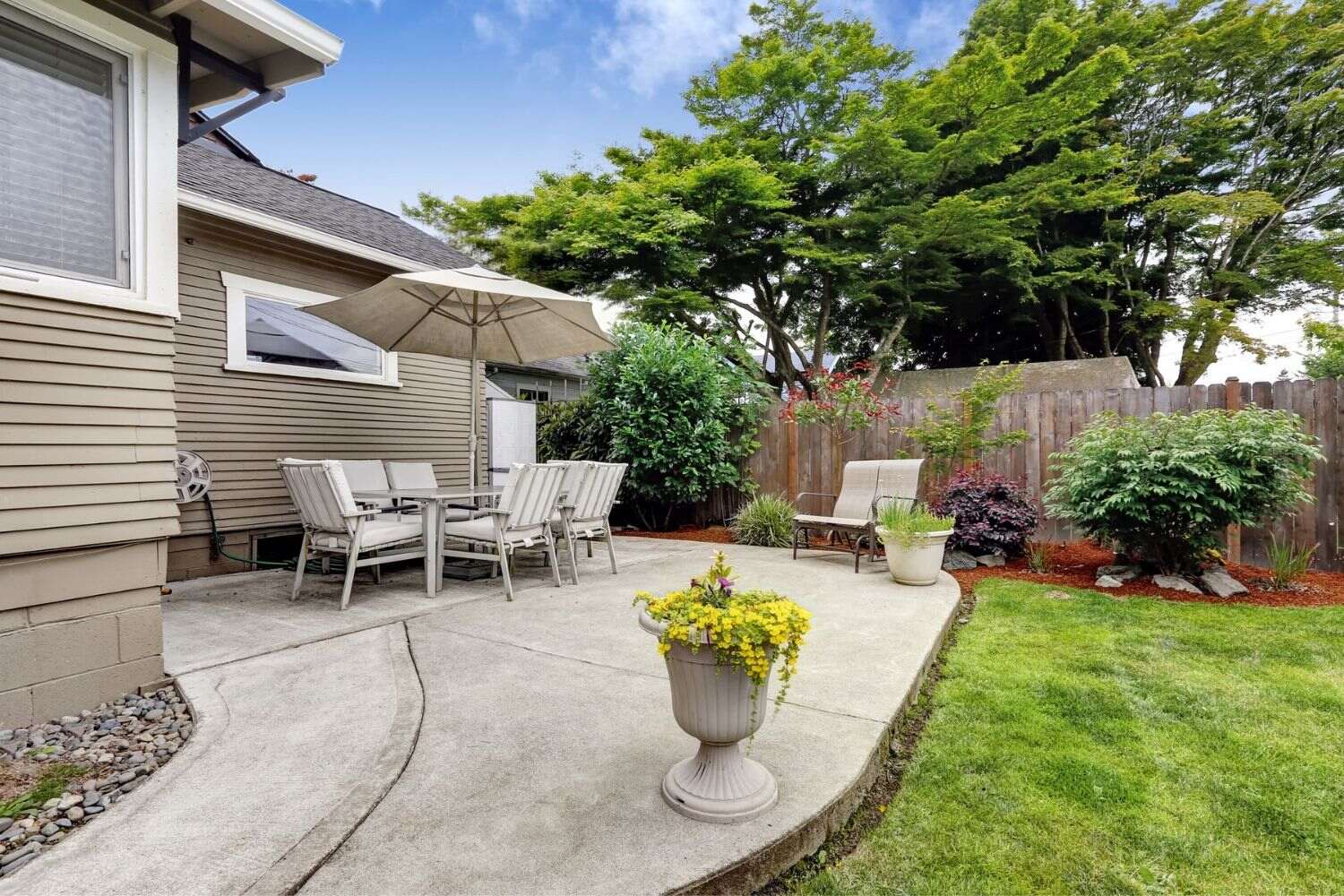

Articles
How Much Does A Concrete Porch Cost
Modified: January 24, 2024
Looking for articles on the cost of building a concrete porch? Find out how much a concrete porch typically costs and get valuable insights from our informative articles.
(Many of the links in this article redirect to a specific reviewed product. Your purchase of these products through affiliate links helps to generate commission for Storables.com, at no extra cost. Learn more)
Introduction
When it comes to improving the exterior of your home, a concrete porch can be a fantastic addition. Not only does it provide a functional space for relaxing and entertaining, but it also enhances the overall curb appeal and value of your property. However, before embarking on this project, it’s essential to understand the cost factors involved.
In this article, we will break down the various components that contribute to the total cost of a concrete porch. By understanding these factors, you can make informed decisions and budget accordingly for your project. So, let’s dive in and explore how much a concrete porch typically costs.
Key Takeaways:
- Factors such as size, site preparation, design complexity, and materials significantly impact the cost of a concrete porch. Understanding these elements is crucial for accurate budgeting and informed decision-making when planning your project.
- While the average cost of a concrete porch ranges from $6 to $15 per square foot, additional features and enhancements can increase the overall expense. Obtaining quotes from reputable contractors and setting aside a contingency budget are essential for managing costs effectively.
Read more: How Much Does A Concrete Floor Cost
Factors that Affect the Cost of a Concrete Porch
Several factors can influence the overall cost of your concrete porch project. Understanding these factors will help you estimate the total expense and plan accordingly. Here are the key elements that can affect the cost of a concrete porch:
- Size: One of the primary factors that determine the cost of a concrete porch is its size. The larger the porch, the more materials and labor will be required, resulting in higher costs. Additionally, the complexity of the design, such as curves or multiple levels, can also impact the final price.
- Site Preparation: The condition of the site where the concrete porch will be installed plays a significant role in the overall cost. If extensive grading or excavation is needed to prepare the area, it will add to the expenses. Similarly, removing any existing structures or obstacles can also increase the cost.
- Access: Accessibility to the construction site is another factor to consider. If the porch is located in a hard-to-reach area or requires specialized equipment for pouring the concrete, it may lead to additional expenses.
- Design and Customization: The complexity of the design and any customization options you choose will impact the cost. For example, if you opt for decorative elements like stamped patterns, colored concrete, or intricate finishes, it will add to the overall expense.
- Materials: The type and quality of materials used for the concrete porch can significantly affect the cost. Standard concrete is the most affordable option, but you can also opt for higher-end materials like exposed aggregate or stained concrete, which will increase the overall price.
- Additional Features: If you decide to include extra features such as steps, handrails, pergolas, or lighting, it will add to the overall cost. These additional elements require additional materials, labor, and may involve hiring specialized contractors.
- Location: The cost of a concrete porch can also vary depending on your geographical location. Factors like local labor costs, material availability, and climate conditions can impact the final price.
It’s important to consider these factors while planning your concrete porch project to ensure that you have a realistic budget in place. By understanding the various elements that affect cost, you can make informed decisions and prioritize the aspects that are most important to you.
Materials Needed for a Concrete Porch
Before diving into the construction of a concrete porch, it’s important to understand the materials required for the project. Having a comprehensive list of materials will help you estimate the cost and ensure that you have everything you need to get the job done. Here are the essential materials needed for a concrete porch:
- Concrete: The main material required for a concrete porch is, of course, the concrete itself. Concrete is typically sold by the cubic yard, and the quantity needed will depend on the size and thickness of your porch. It’s important to choose the right type of concrete mix based on your specific requirements.
- Rebar/Reinforcement: Reinforcement is essential to strengthen the concrete and prevent cracking. Depending on the size and complexity of your porch, you may need rebar or steel reinforcement mesh. These materials are used to provide structural support to the concrete and improve its durability.
- Formwork: Formwork is used to create the shape and structure of the concrete porch. It is typically made of wood or plastic and helps contain the concrete during the pouring and curing process. The amount and size of formwork needed will depend on the design of your porch.
- Gravel/Sub-base: A solid foundation is crucial for a sturdy and long-lasting concrete porch. Depending on the condition of the site and the soil composition, you may need to lay a layer of gravel or a suitable sub-base material to ensure proper drainage and stability.
- Finishing Materials: After the concrete is poured and cured, you may choose to finish the porch with various materials. This could include options such as sealants, stains, paints, or decorative finishes like stamped patterns or exposed aggregate. These finishing materials will enhance the appearance and durability of the porch.
- Additional Features: If you plan on including additional features like steps, handrails, or lighting, you will need the necessary materials for those as well. This could include items such as treated lumber for steps, metal or wood for handrails, and wiring for lighting.
It’s important to note that the quantity of materials needed will vary depending on the size, design, and customization choices for your concrete porch. Working with a professional or consulting a supplier can help you determine the exact quantities and ensure that you have all the necessary materials for your project.
Preparation and Site Work
Before pouring the concrete for your porch, proper preparation and site work are crucial to ensure a successful and long-lasting result. This phase of the project involves several key steps that need to be completed before moving forward. Here are the primary considerations for preparation and site work:
- Clearing and Excavation: The first step is to clear the area where the porch will be located. This may involve removing vegetation, rocks, or any other obstructions. Depending on the existing surface and desired porch height, excavation may be necessary to create a level and stable foundation.
- Permits and Codes: Check with your local municipality to ensure that you comply with any necessary permits and building codes. Depending on the size and scope of the project, you may need permits for excavation, construction, or electrical work.
- Site Measurement and Layout: Accurate measurement and layout are essential to ensure that the porch is properly aligned and meets your desired specifications. This includes measuring and marking the area, establishing the desired porch height, and checking for proper drainage.
- Site Grading: Proper grading is essential for water drainage and preventing water accumulation on the porch surface. It involves shaping the ground around the porch area to ensure that water flows away from the structure. This may require the use of fill material or adjusting the slope of the terrain.
- Formwork Construction: Once the site is prepared, the next step is to construct the formwork for the concrete porch. Formwork serves as a mold that contains the concrete during the pouring and curing process. It should be properly aligned, secured, and reinforced to withstand the weight and pressure of the concrete.
- Reinforcement Placement: If using rebar or reinforcement mesh, it needs to be properly placed within the formwork. Reinforcement provides added strength and support to the concrete, minimizing the risk of cracking and improving overall durability.
- Utilities and Services: Before pouring the concrete, it’s important to locate and mark any underground utilities or services, such as water pipes, gas lines, or electrical cables. This ensures that they are not damaged during the construction process.
- Site Protection: Lastly, it’s crucial to protect the surrounding area and existing structures during the concrete pouring and finishing process. This can involve using barriers, covering adjacent surfaces, and taking precautions to prevent concrete spills or damage.
Proper preparation and site work lay the foundation for a successful concrete porch project. By following these steps, you can ensure that the site is ready for concrete pouring, minimizing potential issues and ensuring a smooth construction process.
Concrete Pouring and Finishing
Once the preparation and site work is complete, it’s time to move on to the concrete pouring and finishing stage of your porch project. This phase involves carefully pouring the concrete into the formwork and then applying various techniques to achieve a smooth and visually appealing surface. Here are the primary steps involved in concrete pouring and finishing:
- Mixing and Transporting Concrete: The first step is to mix the concrete according to the manufacturer’s instructions. This can be done using a concrete mixer or through ready-mix delivery. Once the concrete is mixed, it needs to be transported from the mixer or delivery truck to the site using wheelbarrows or a pump if required.
- Pouring and Leveling: Carefully pour the concrete into the formwork, starting from one end and working your way to the other. Use shovels, rakes, and screeds to ensure that the concrete is spread evenly and leveled to the desired thickness. It’s important to work quickly and efficiently to prevent the concrete from drying before it can be properly finished.
- Surface Finishing: Once the concrete is poured and leveled, it’s time to apply the desired finish to the surface. This can be achieved through techniques such as troweling, brooming, or using a float to create a smooth or textured surface. If you plan on adding decorative elements like stamped patterns or exposed aggregate, these techniques will be applied during this stage.
- Expansion Joints: Expansion joints are essential to allow for the natural expansion and contraction of the concrete due to temperature changes. These joints are typically installed during the finishing stage by cutting or placing preformed joint strips to prevent cracking and ensure the structural integrity of the porch.
- Curing: After the finishing is complete, the concrete needs time to cure and harden. Curing involves keeping the concrete moist and protected from extreme temperatures for a specified period. This can be done through techniques such as covering the surface with plastic sheeting, using curing compounds, or continuously misting the porch with water. Proper curing is crucial for the strength and durability of the concrete.
- Sealing and Maintenance: Once the concrete has fully cured, you may choose to apply a sealer to protect the surface and enhance its appearance. Sealing helps prevent staining, water penetration, and extends the longevity of the porch. Regular maintenance, such as cleaning and resealing as needed, will help keep the porch looking its best over time.
Concrete pouring and finishing require skill and attention to detail to achieve the desired results. It’s important to follow proper techniques and allow ample time for curing to ensure that your concrete porch is not only structurally sound but also visually appealing and long-lasting.
When budgeting for a concrete porch, consider the size, complexity of design, and local labor and material costs. Get multiple quotes from reputable contractors to ensure you’re getting a fair price.
Read more: How Much Does A Concrete Fence Cost
Additional Features and Enhancements
While a basic concrete porch provides a functional and attractive outdoor space, there are several additional features and enhancements that you can consider to elevate its functionality and aesthetic appeal. These enhancements can help create a personalized and inviting porch that meets your specific needs and style preferences. Here are some popular additional features and enhancements for a concrete porch:
- Steps and Staircases: If your porch is elevated or if you need access to different levels of your outdoor space, adding steps or a staircase can be a practical and visually appealing addition. Steps can be constructed using concrete, stone, or other materials, depending on your design preferences.
- Handrails and Balusters: Safety and aesthetics can both be enhanced by adding handrails and balusters to your porch. Handrails provide support and stability, while balusters add a decorative touch. These elements can be made from various materials like wood, metal, or composite materials, allowing you to achieve the desired style and durability.
- Pergolas and Shade Structures: To create a comfortable outdoor living space, consider adding a pergola or other shade structure to your porch. These structures provide shade, protection from the elements, and can be a focal point of your porch design. They can be customized with various materials, such as wood or vinyl, and can be adorned with climbing plants or outdoor curtains for added privacy.
- Outdoor Lighting: Illuminate your porch and create a cozy ambiance with outdoor lighting. This can include wall-mounted lights, overhead fixtures, or even spotlights to highlight specific areas. Choose lighting fixtures that complement the style of your porch and enhance its functionality, allowing you to enjoy the space even after dusk.
- Seating and Furniture: Make your porch a welcoming and comfortable space by adding seating and furniture. Whether it’s a set of outdoor chairs and a table or a full lounge area with a sofa and cushions, well-selected furniture can transform your porch into an outdoor extension of your living space.
- Outdoor Kitchen or Grill: For those who love to entertain and cook outdoors, consider incorporating an outdoor kitchen or grill on your porch. This can include features like a built-in grill, countertops, storage cabinets, and even a sink. An outdoor kitchen adds convenience and functional value to your porch, allowing you to prepare and enjoy meals outdoors.
- Landscape and Plantings: Enhance the beauty of your porch by integrating landscaping and plantings. This can involve adding potted plants, flower beds, or even creating a small garden adjacent to the porch. Plants and greenery can add natural beauty and a sense of tranquility to your porch space.
These additional features and enhancements can truly elevate your concrete porch, creating a customized and inviting outdoor space. Consider your needs, preferences, and budget when choosing which features to incorporate, and consult with professionals if needed to ensure proper installation and functionality.
Hiring a Professional vs. Doing It Yourself
One of the important decisions you’ll need to make when planning a concrete porch project is whether to hire a professional contractor or undertake the task yourself. Both options have their benefits and considerations, and it’s essential to weigh them carefully before proceeding. Here are some factors to consider when deciding between hiring a professional or doing it yourself:
- Experience and Expertise: Professional contractors have the knowledge, experience, and expertise to handle all aspects of a concrete porch project. They understand the intricacies of site preparation, concrete pouring, finishing techniques, and can produce high-quality results. If you have limited experience with concrete work, hiring a professional ensures that the project is completed to a high standard.
- Time and Convenience: Building a concrete porch yourself requires a significant investment of time, energy, and research. It involves multiple stages, including site preparation, concrete mixing, pouring, and finishing, which can be time-consuming. Hiring a professional allows you to save time and focus on other aspects of your life while the experts handle the construction from start to finish.
- Tools and Equipment: Constructing a concrete porch requires a range of specialized equipment and tools. Professional contractors already possess the necessary tools and equipment, saving you the expense of purchasing or renting them. Additionally, they have the expertise to operate this equipment safely and effectively.
- Cost Considerations: While doing it yourself might seem initially cost-efficient, it’s important to consider the potential cost of mistakes or rework. A poorly constructed porch can require expensive repairs down the line. Professional contractors have the knowledge and skills to get the job done right the first time, saving you money in the long run.
- Licensing and Permits: Certain jurisdictions require specific licenses and permits for concrete construction projects. Hiring a professional ensures that the necessary permits and licenses are obtained in compliance with local regulations.
- Quality Assurance: By hiring a reputable professional contractor, you can benefit from the assurance of quality workmanship. Professionals are bound by industry standards and codes of ethics to deliver a finished product that meets or exceeds your expectations.
- Design and Customization: If you have a specific design or customization in mind for your concrete porch, a professional contractor can help bring your vision to life. They have the experience and expertise to offer design suggestions, provide solutions to any challenges, and create a porch that meets your unique preferences.
Ultimately, the decision of hiring a professional or doing it yourself depends on your individual circumstances, skills, and comfort level with construction projects. While taking on a DIY concrete porch project can be fulfilling, it’s important to assess the complexity of the task, your experience level, and the potential risks involved.
If you decide to hire a professional contractor, it’s recommended to obtain multiple quotes, review their portfolio and references, and ensure they have valid insurance coverage. This will help you select a reputable contractor who can deliver the desired results for your concrete porch project.
Average Cost of a Concrete Porch
When it comes to determining the cost of a concrete porch, there are several factors to consider, including the size, design complexity, materials used, customization options, and local labor costs. However, having a rough estimate can provide you with a starting point for budgeting your project. Here is an overview of the average cost of a concrete porch:
The cost of a concrete porch is typically calculated per square foot. On average, the cost can range from $6 to $15 per square foot, depending on the factors mentioned above. This price range includes the basic materials and labor for constructing a standard, straightforward concrete porch.
Keep in mind that additional features and enhancements will increase the overall cost. For example, if you choose to add steps, handrails, or decorative finishes, expect the cost to be higher than the average range. Similarly, the use of high-quality materials such as exposed aggregate or stained concrete will also impact the final price.
It’s important to obtain quotes from multiple contractors based on your specific project requirements. Their expertise and knowledge of the local market will help provide a more accurate estimate tailored to your desired design and preferences.
Furthermore, it’s advisable to set aside a contingency budget of around 10-15% of the estimated cost to account for any unforeseen expenses or changes during the construction process. This will help ensure that you have some flexibility in your budget to accommodate unexpected circumstances.
Remember, investing in a concrete porch not only adds value to your home but also provides an outdoor space for relaxation and entertainment. It’s worth considering the long-term benefits and the increased curb appeal that a well-designed and well-constructed porch can bring.
Lastly, always hire reputable contractors who are licensed, insured, and have a track record of delivering quality work. While cost is an important factor, it’s equally important to prioritize the expertise and professionalism of the contractor to ensure a successful and satisfactory outcome.
Conclusion
A concrete porch can be a valuable addition to your home, providing a functional and aesthetically pleasing outdoor space. Understanding the factors that affect the cost of a concrete porch is crucial for planning and budgeting your project effectively. By considering the size, site preparation, access, design, materials, additional features, and location, you can estimate the expenses more accurately.
When it comes to materials, concrete, reinforcement, formwork, gravel, and finishing materials are essential for the construction of a concrete porch. Hiring professionals for site preparation, concrete pouring, and finishing ensures that the project is completed with precision and expertise, saving you time and potential rework costs.
If you choose to enhance your concrete porch, additional features like steps, handrails, pergolas, outdoor lighting, and landscaping can elevate its functionality and visual appeal. These enhancements create a personalized outdoor space that suits your needs and preferences.
When deciding between hiring a professional or doing it yourself, consider factors such as experience, time commitment, tools, cost, licensing, and quality assurance. Hiring a professional ensures a smoothly executed project with high-quality results, but if you have the necessary skills and expertise, a DIY approach can save you money.
On average, the cost of a concrete porch ranges from $6 to $15 per square foot. However, this estimate can vary depending on various factors, including additional features and customization options. Obtaining multiple quotes from reputable contractors is recommended to get a more accurate estimate and ensure you are working with professionals who meet your specific requirements.
In conclusion, a well-designed and professionally constructed concrete porch adds value, functionality, and beauty to your property. By considering the various factors discussed in this article and making informed decisions, you can create a stunning concrete porch that will enhance your outdoor living experience for years to come.
Frequently Asked Questions about How Much Does A Concrete Porch Cost
Was this page helpful?
At Storables.com, we guarantee accurate and reliable information. Our content, validated by Expert Board Contributors, is crafted following stringent Editorial Policies. We're committed to providing you with well-researched, expert-backed insights for all your informational needs.
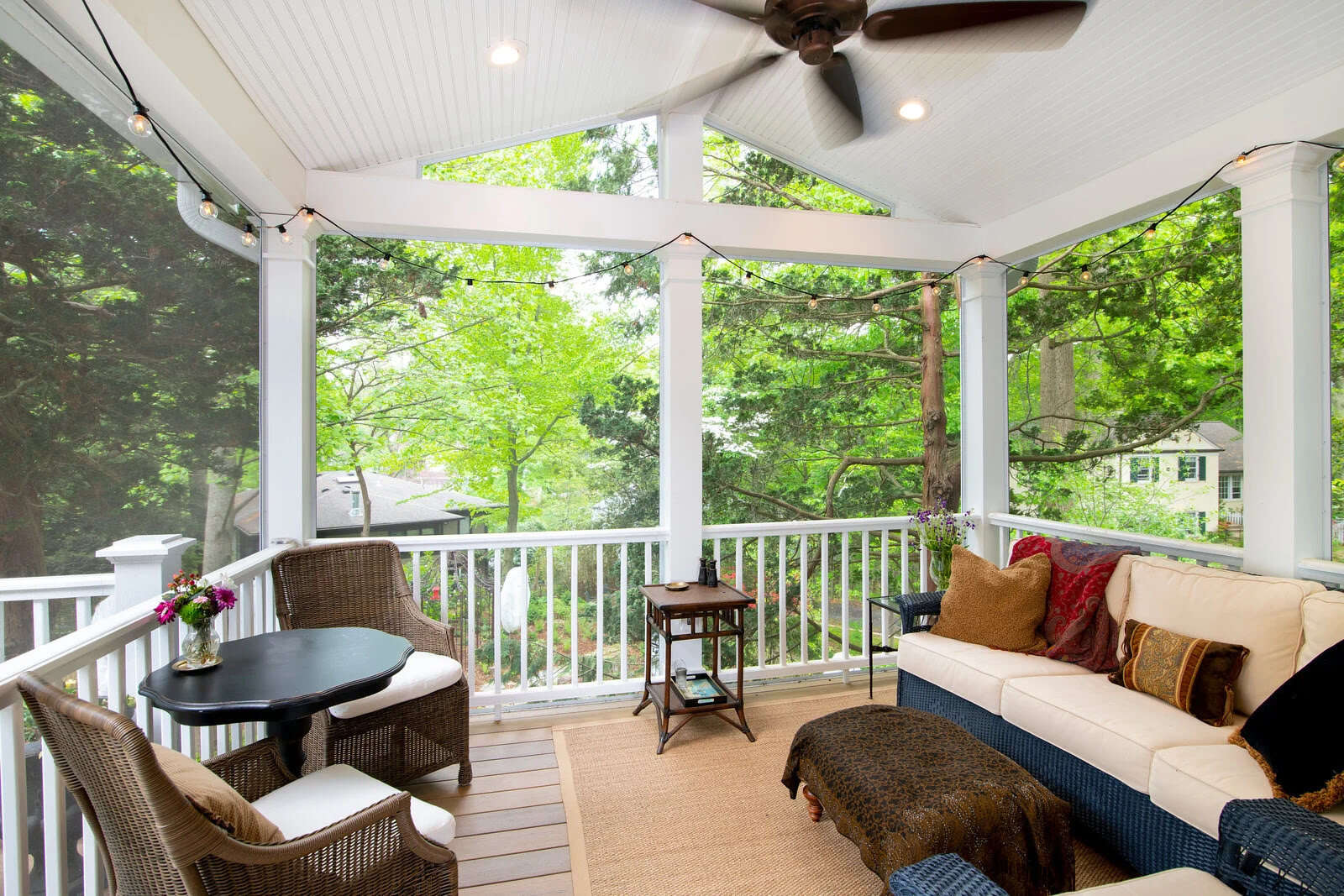
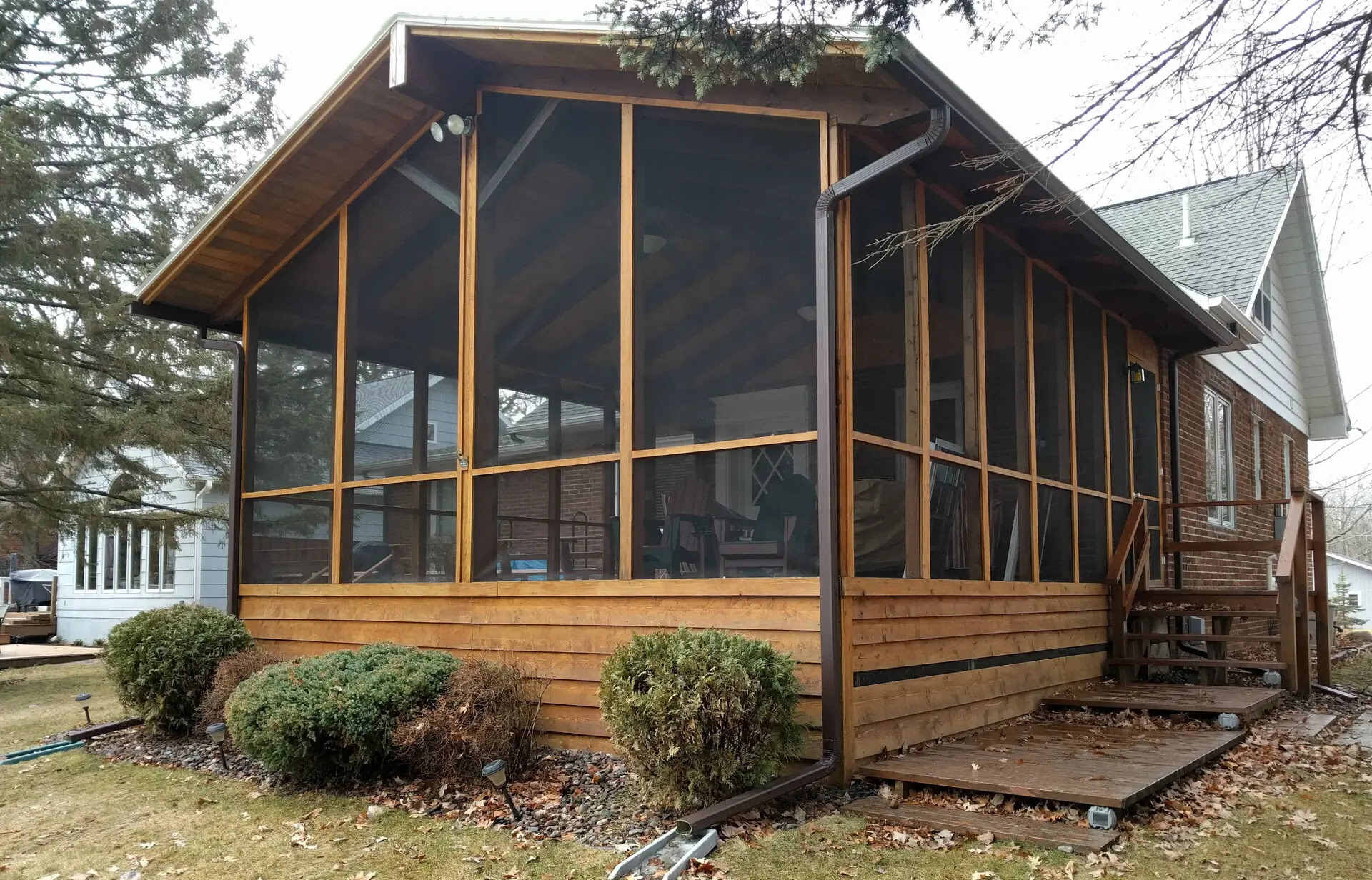
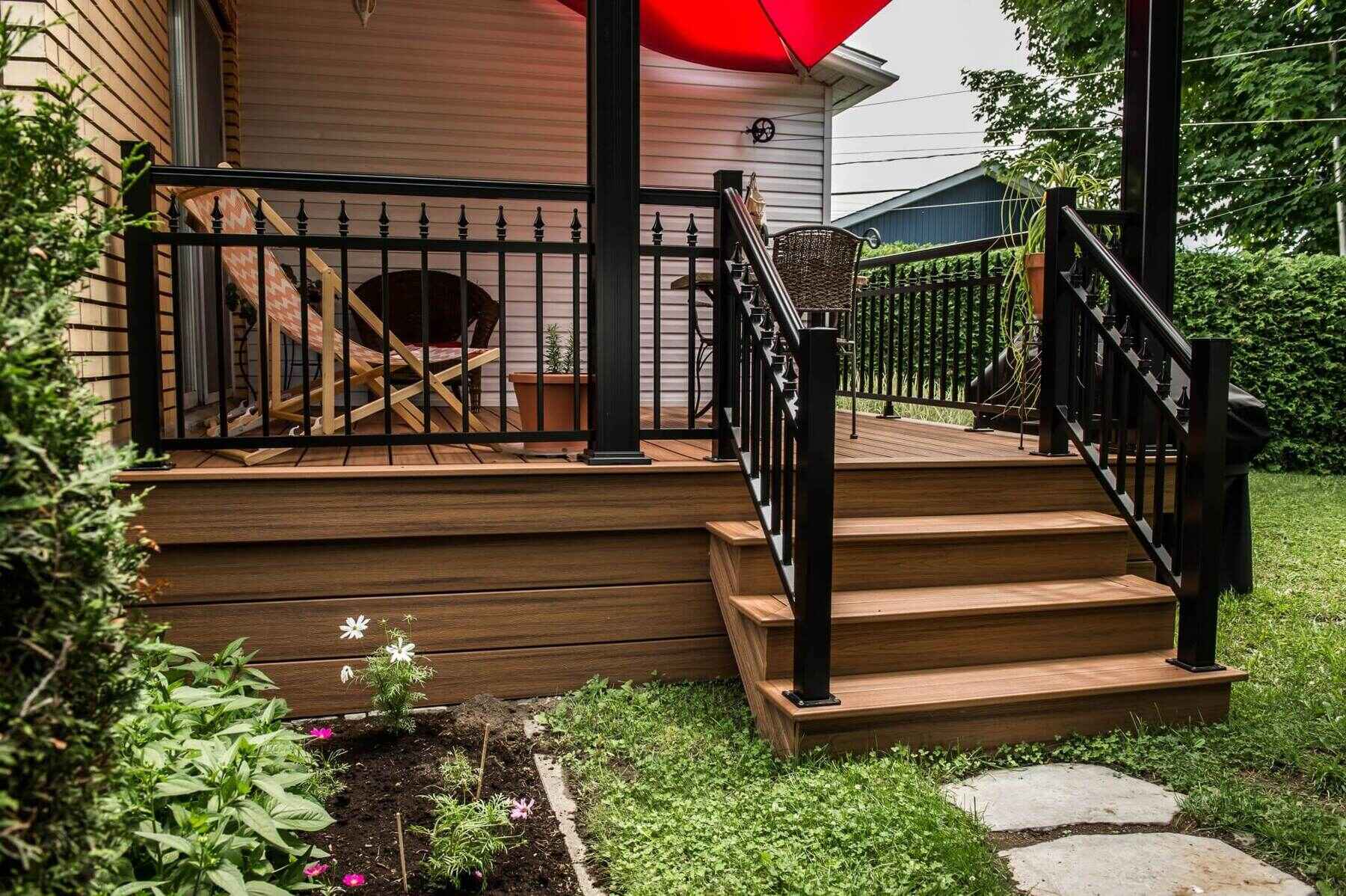
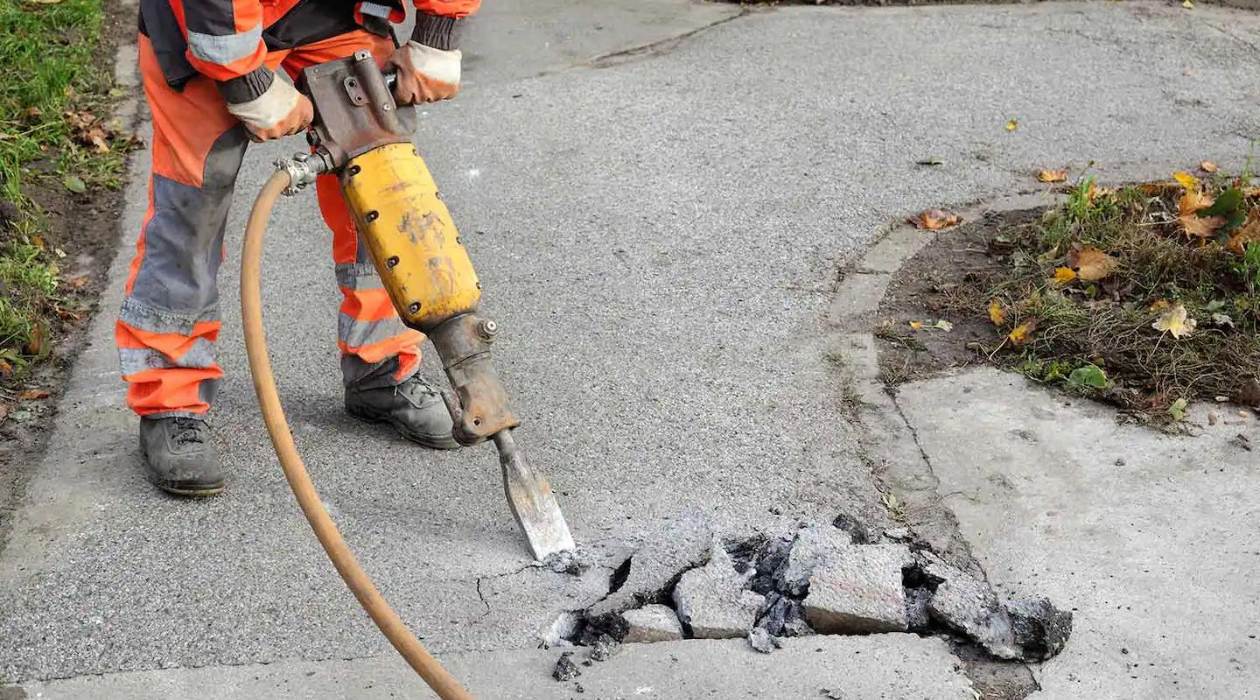
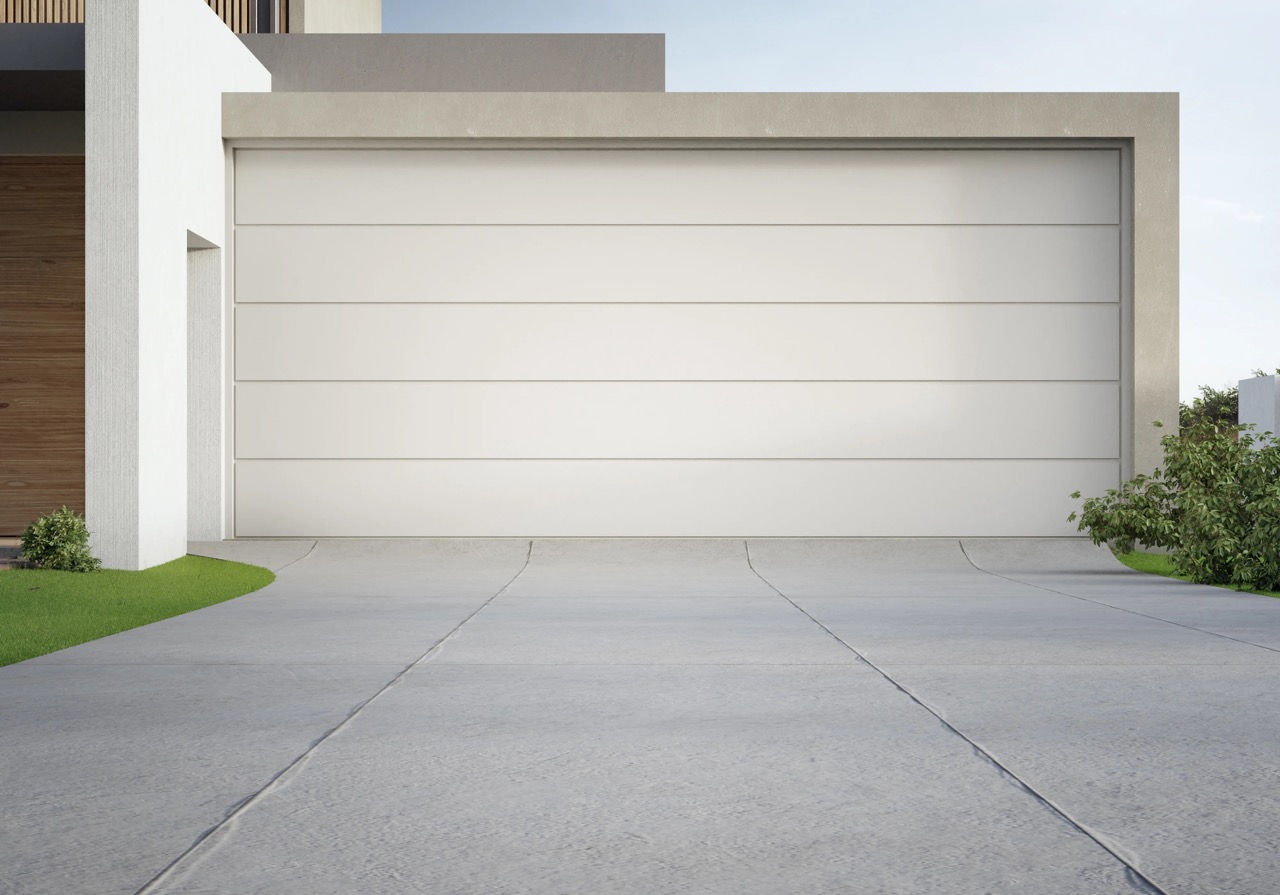
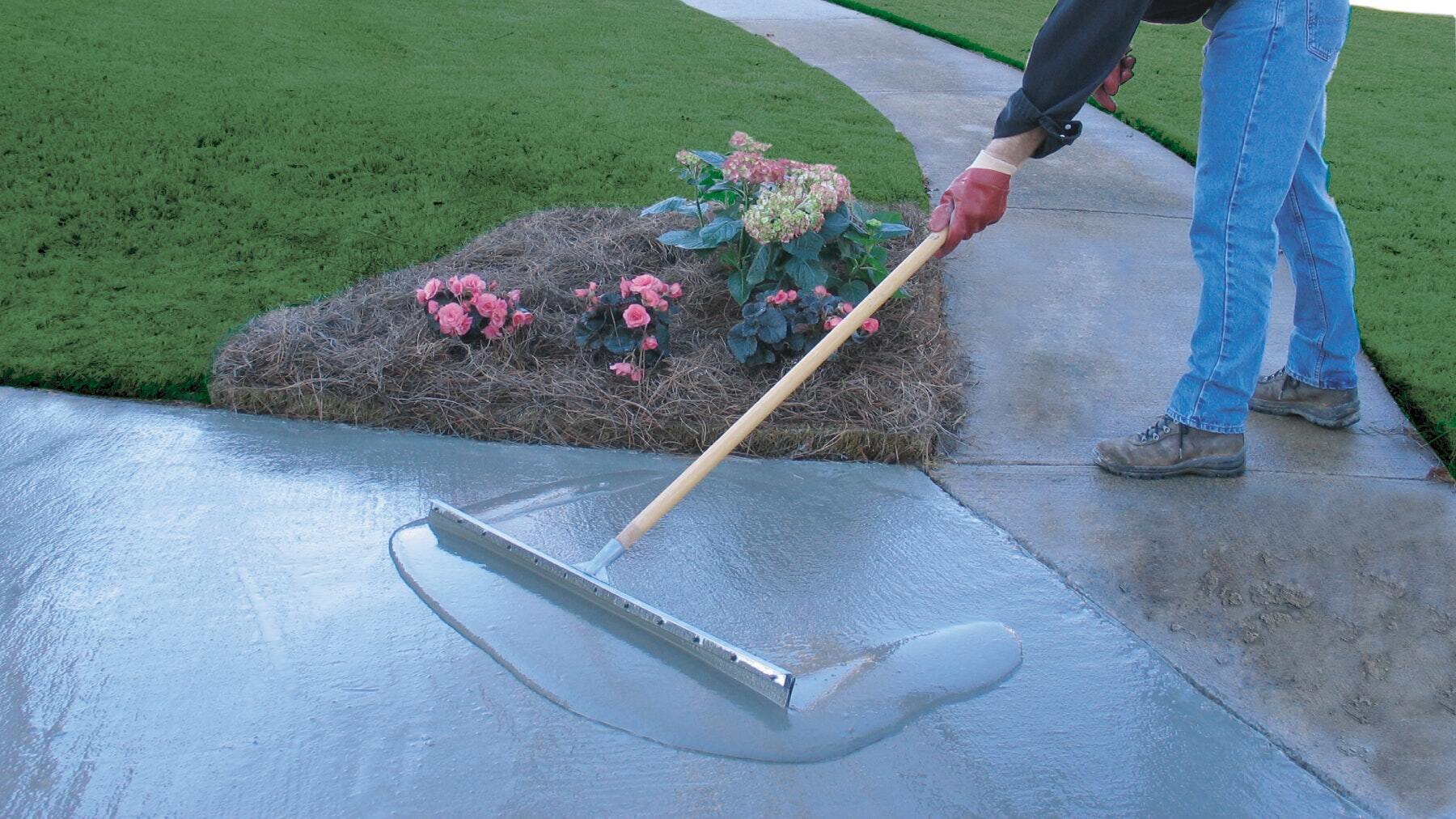
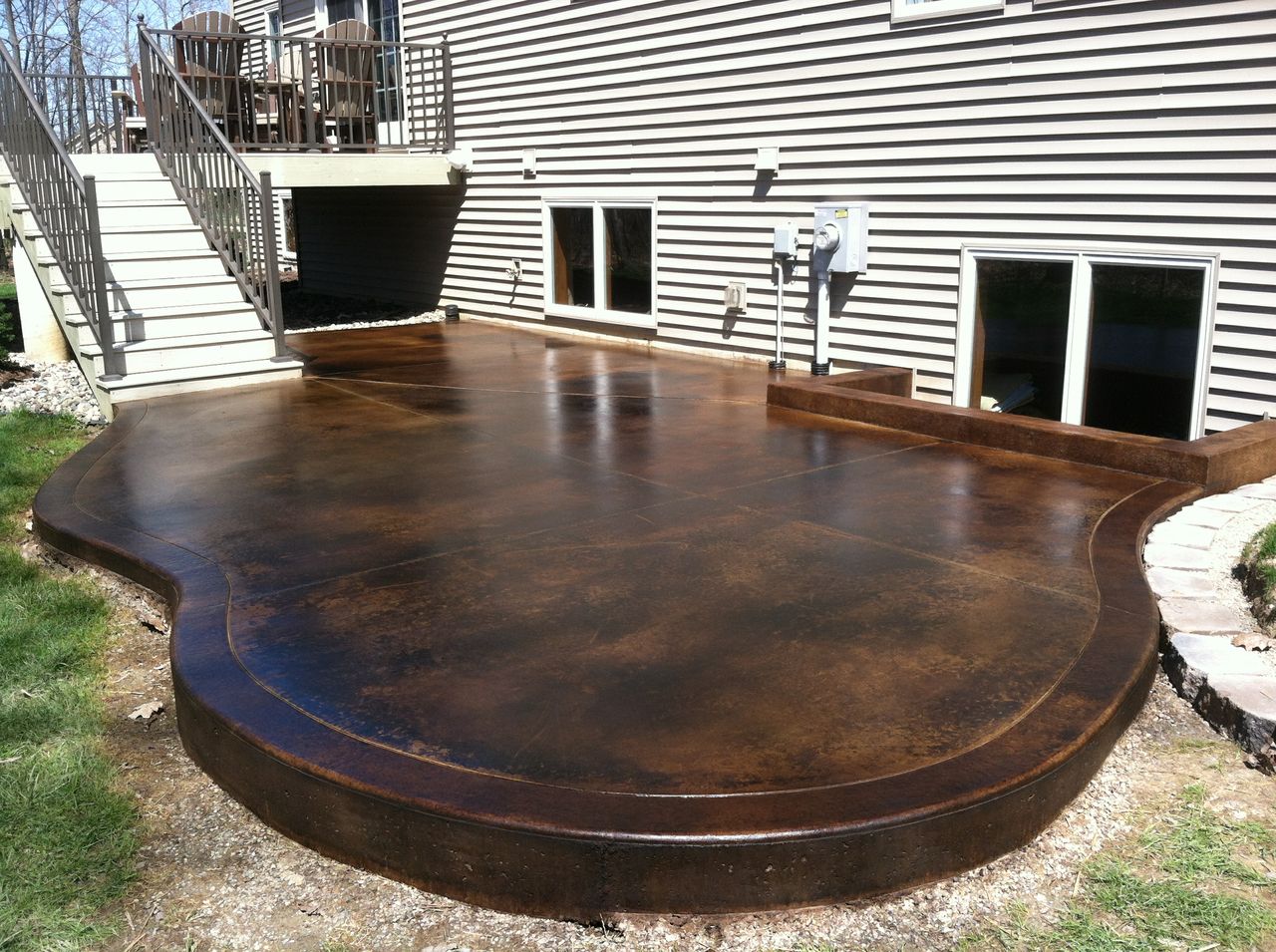
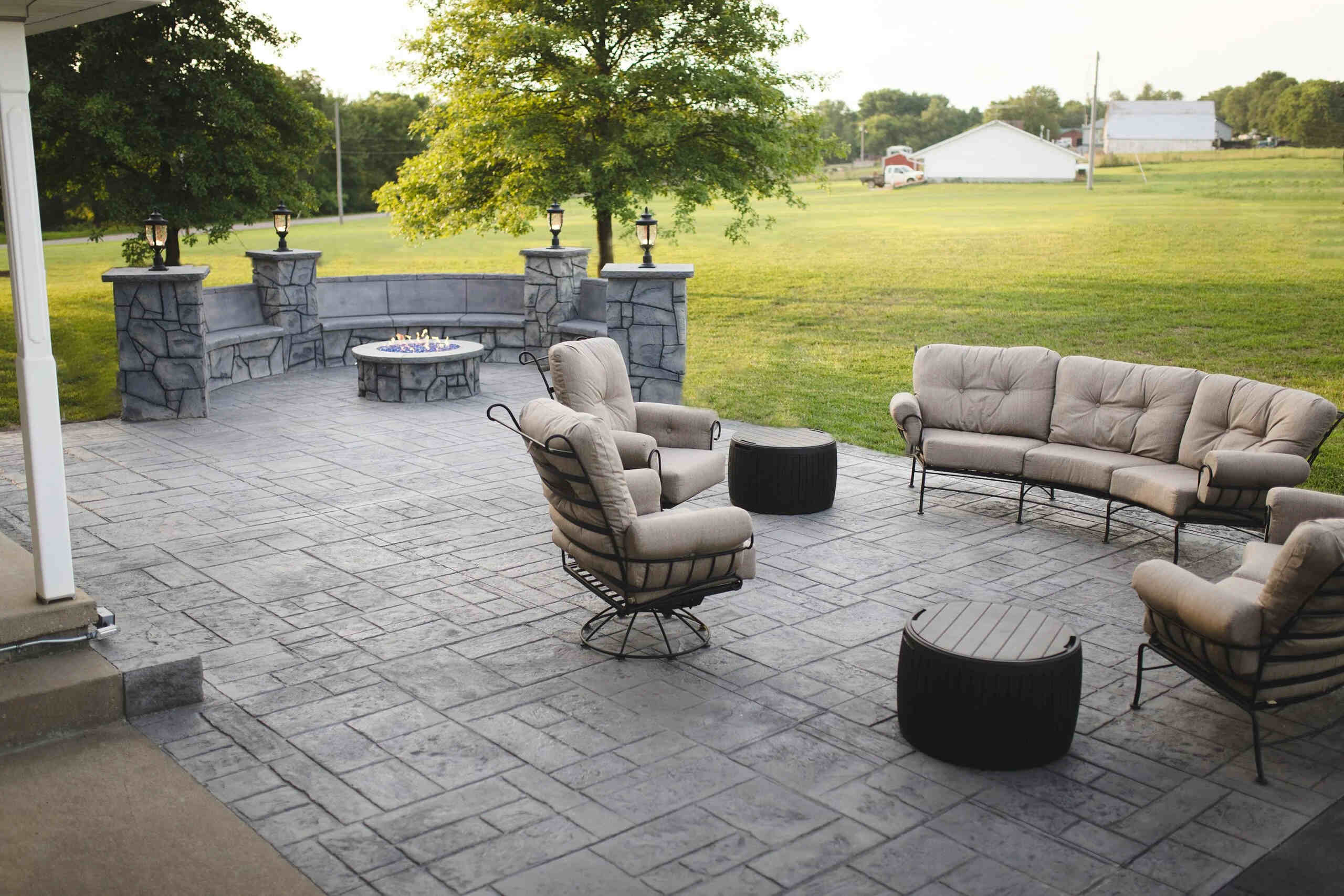
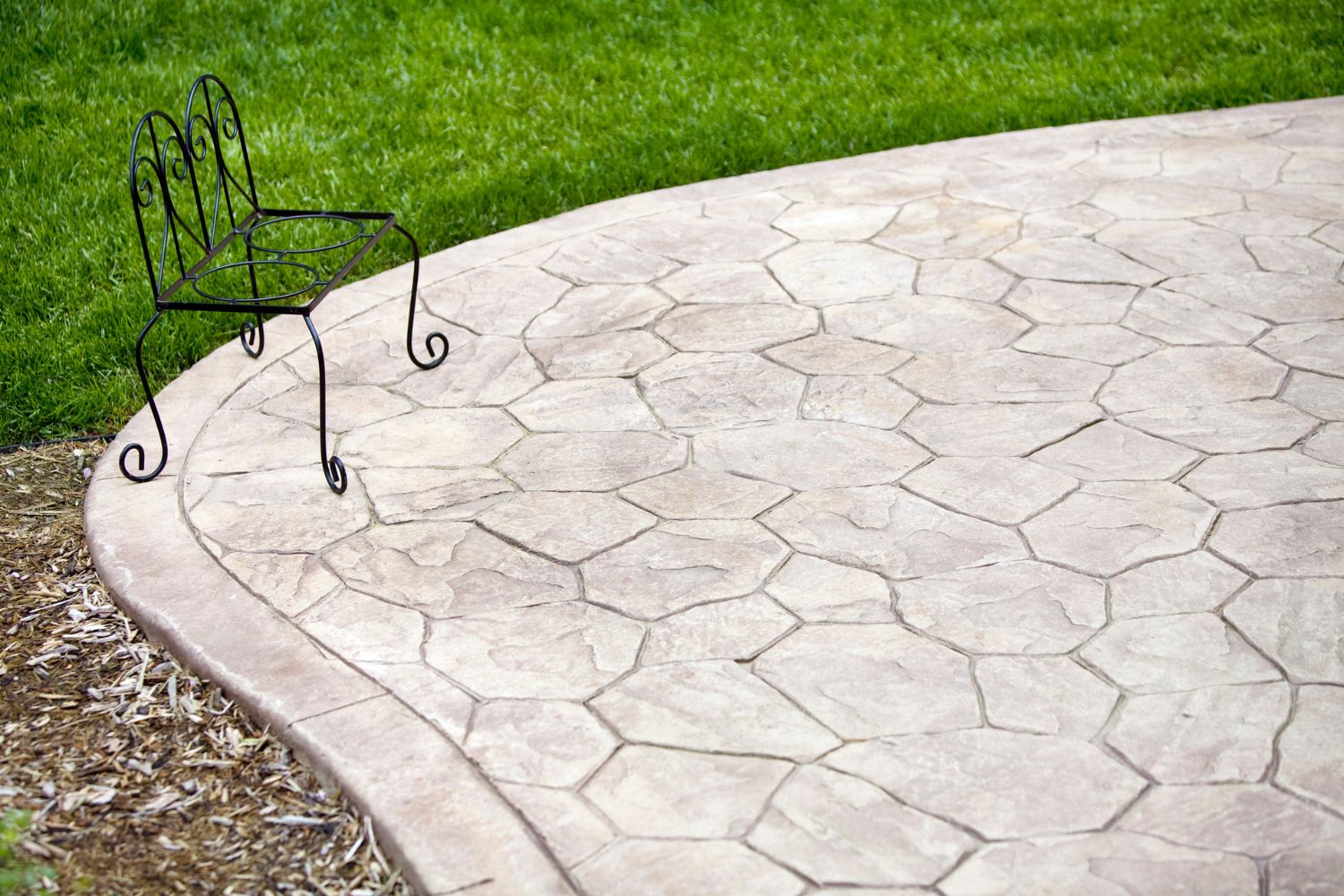
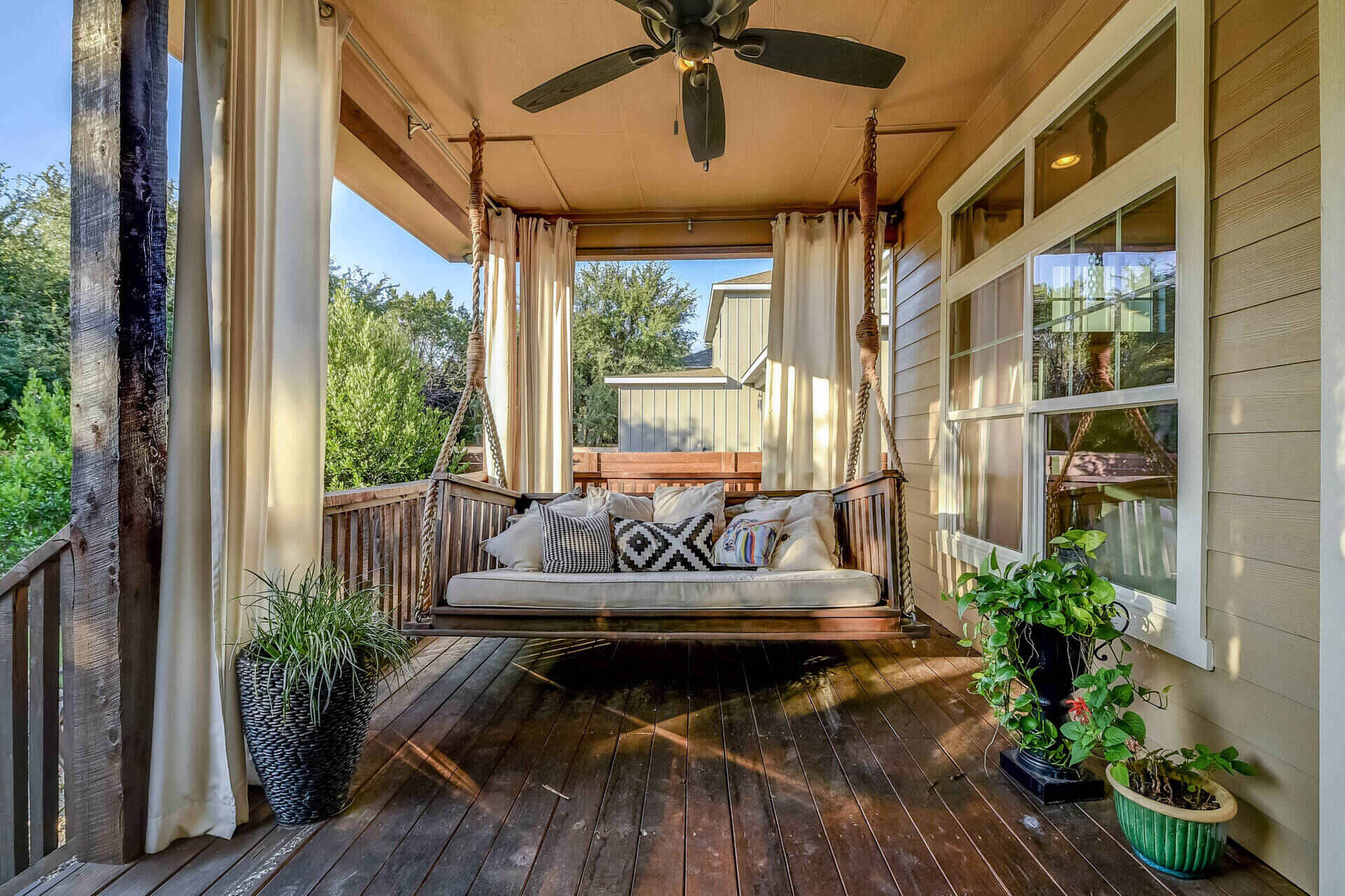
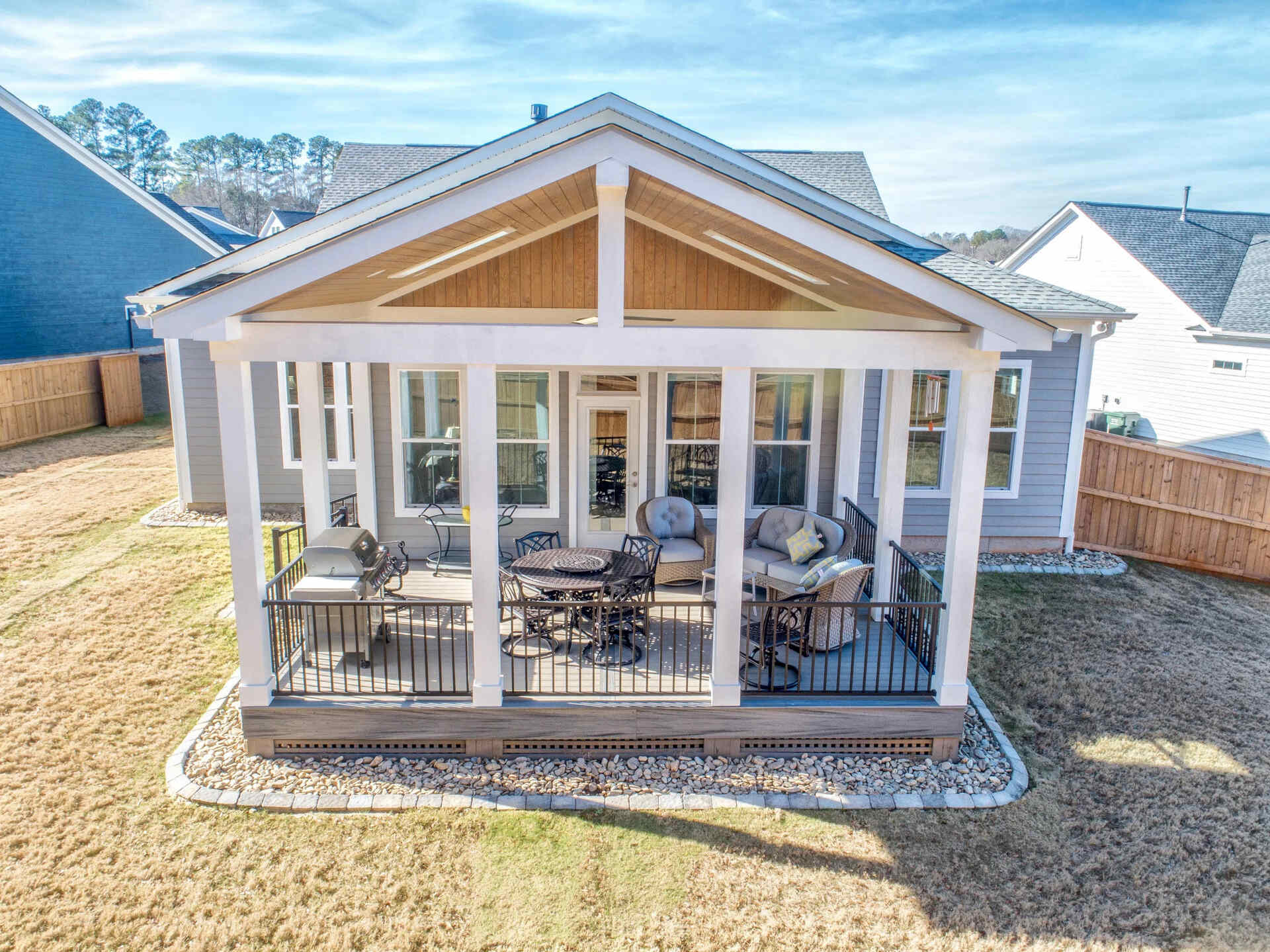
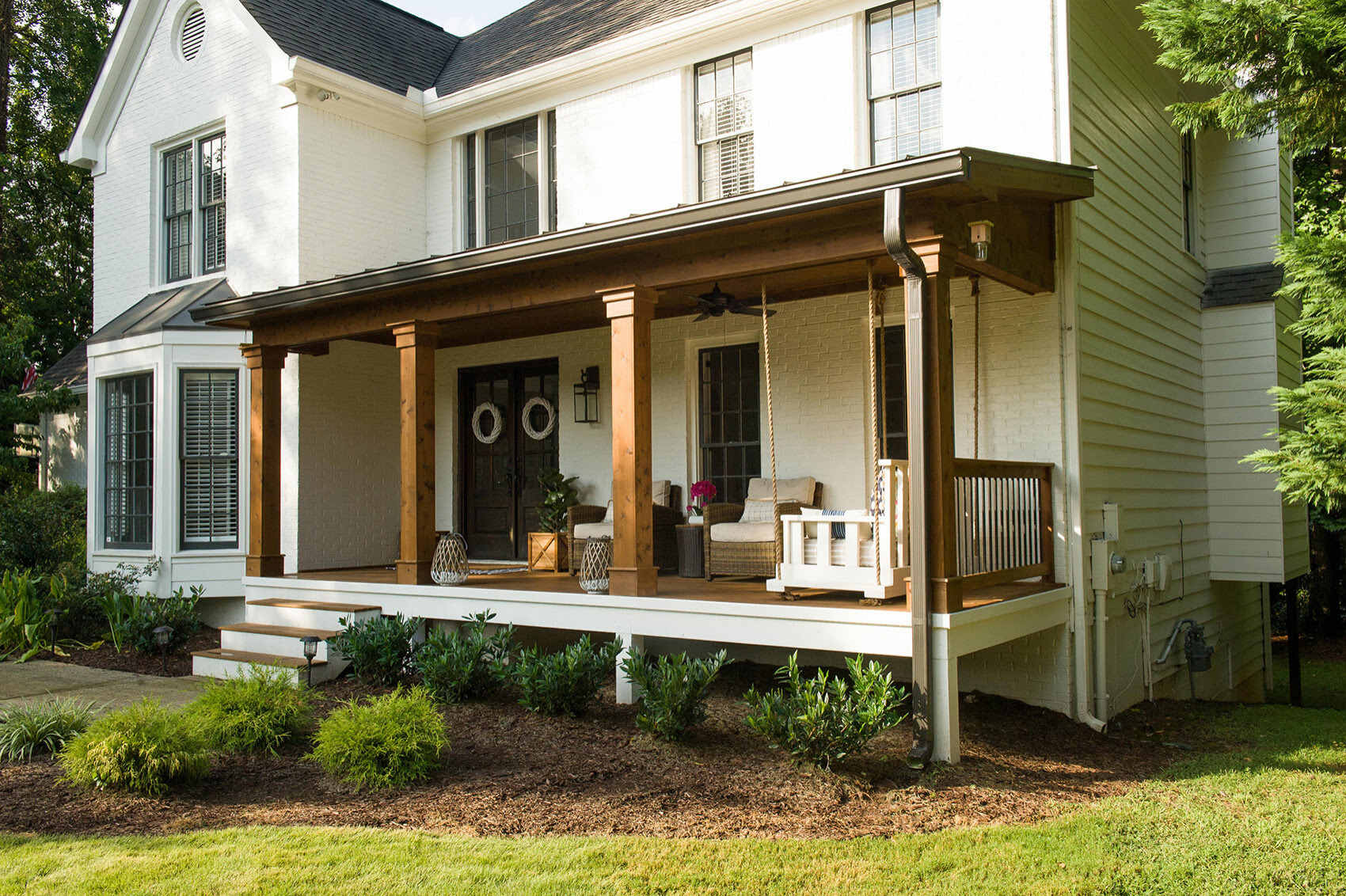
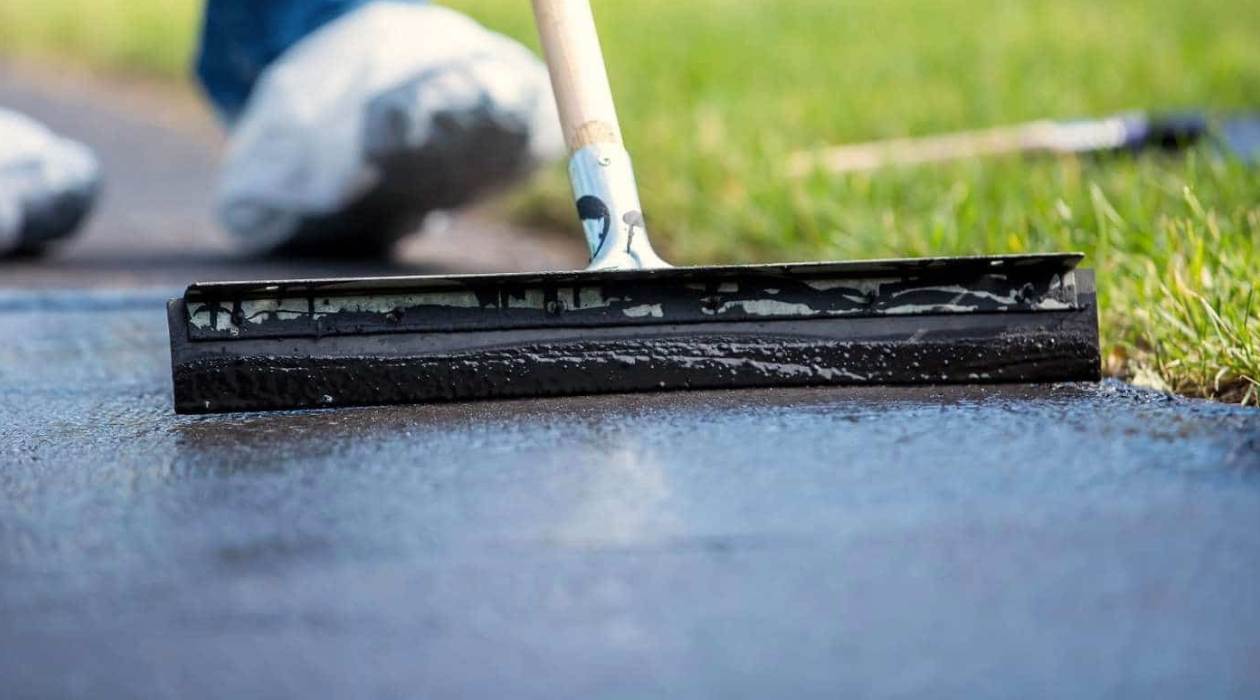
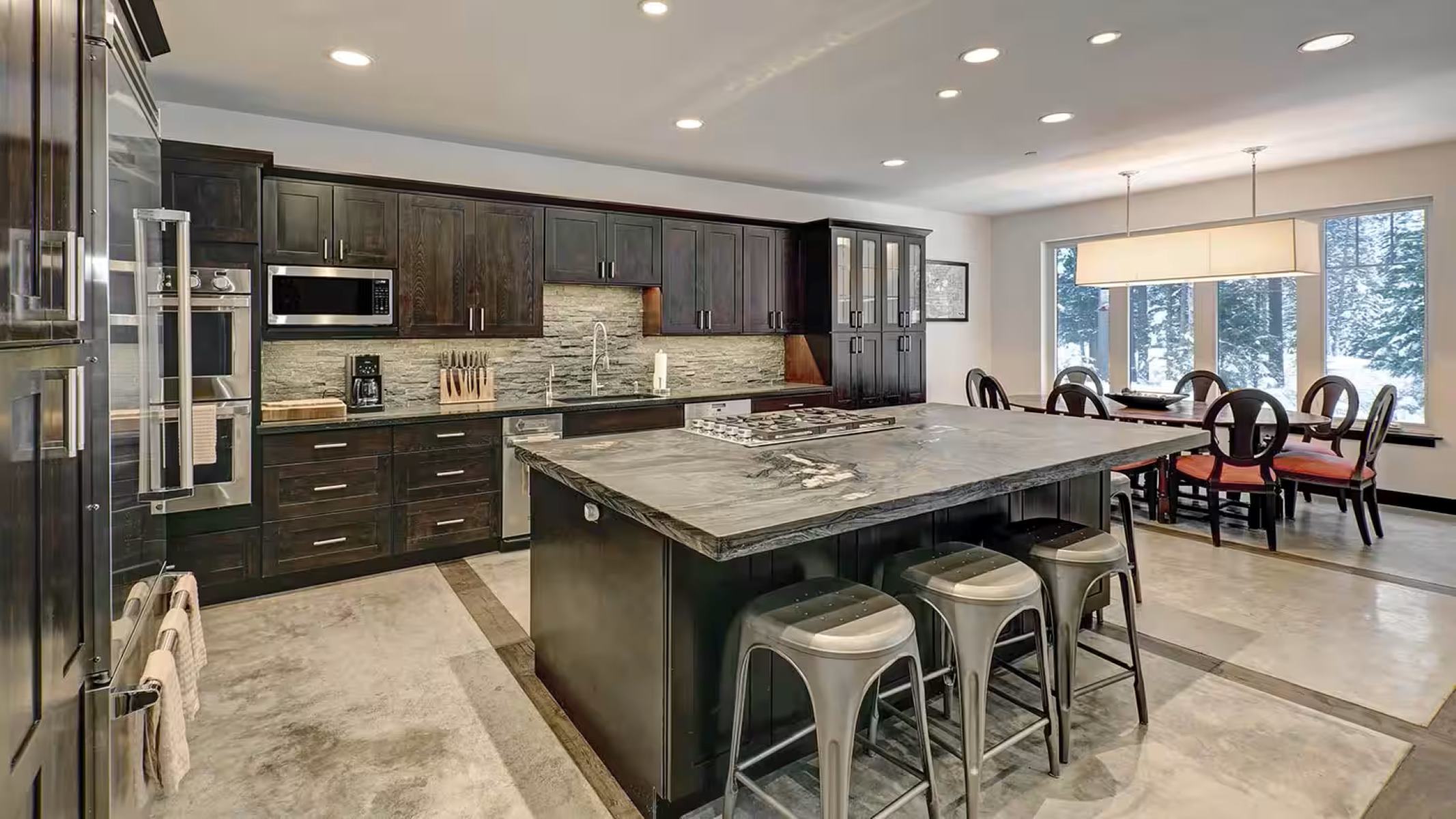

0 thoughts on “How Much Does A Concrete Porch Cost”